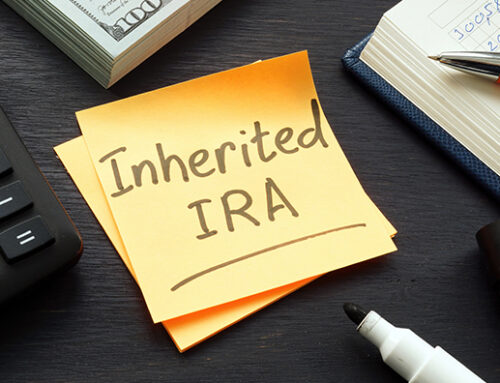
Higher 401(k) limits, stimulus payments, COVID-19 distributions and more…
Since COVID-19 caused the Treasury Department and the Internal Revenue Service to extend the 2019 federal income tax filing deadline from April 15, 2020, to July 15, 2020, taxpayers could defer federal income tax payments, without penalties and interest, no matter how much they owed. This change applied to all taxpayers, including individuals, corporations, trusts, estates as well as those who pay self-employment tax.
But whether or not you took advantage of the new July 15th date, the reality is that there are quite a few new tax changes for this year. Many of the changes were covered extensively in the press, like the elimination of the tax penalty for those without health insurance.
But others are not as well known or as easily found in the 2,500+ pages of the Tax Code. And while the Tax Cuts and Jobs Act passed in late 2017 created huge tax changes and most of those changes were already rolled out last year, there are still, quite a few changes impacting 2019 taxes and even 2020 taxes.
But remember, like your personalized financial plan, everyone’s tax filing is different, so don’t consider this tax advice. Here are a few of the changes to keep in mind for this year. And as you run into questions that you would like to discuss with us, please don’t hesitate to reach out.
Stimulus Payments Not Taxable
Your $1,200 ($2,400 for couples) stimulus payment is an advance refundable tax credit on 2020 taxes. What this means is that no matter how much you owe or don’t owe, you get to keep all of it and do not have to pay taxes on it.
The amount of your stimulus payment was based on your adjusted gross income (AGI) for either 2018 or 2019 but actually applies to your 2020 AGI.
But if your 2020 adjusted gross income is greater than your AGI for 2018/2019, you get to keep the extra. And if your 2020 AGI is less than your 2018/2019, you can claim the additional amount owed when you file your 2020 taxes.
Just keep in mind that your stimulus check is not taxable.
New Coronavirus-Related Distributions
The CARES Act allows for “Coronavirus-related Distributions” which allow participants in IRAs and retirement plans the ability to take a qualifying withdrawal and pay those funds back without tax or interest over a 3-year period. The withdrawal is subject to a $100,000 limit.
There are qualifications for Coronavirus-Related Distributions, however, including:
- Personal, spouse or dependent diagnosis with COVID-19
- Quarantined, furloughed, laid off, or work hours reduced because of COVID-19
- Unable to work due to lack of childcare due to COVID-19
- Own a business that is closed or has reduced hours due to COVID-19
- Other factors later specified by the IRS
Retirement Loans
For those unable to meet the Coronavirus-Related Distributions criteria, withdrawals from retirement plans are allowed in the form of loans.
Generally speaking, those loans need to be repaid over 5 years and cannot exceed $50,000 or half the vested account value, whichever is less. That amount is now doubled so that one can take a loan up to $100,000 or half of the vested account value, whichever is less. The loan still needs to be repaid, but payments can be deferred up to 1 year after the loan is taken.










